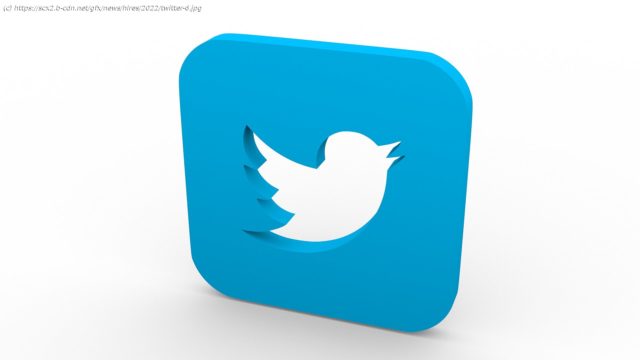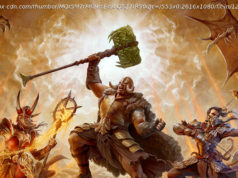On April 25, 2022, Twitter’s board of directors accepted Elon Musk’s US$44 billion hostile takeover bid. Twitter’s statement announcing the deal included comments from the Tesla and SpaceX CEO: « Free speech is the bedrock …
May 4,2022 On April 25,2022, Twitter’s board of directors accepted Elon Musk’s US$44 billion hostile takeover bid. Twitter’s statement announcing the deal included comments from the Tesla and SpaceX CEO: « Free speech is the bedrock of a functioning democracy, and Twitter is the digital town square where matters vital to the future of humanity are debated. I also want to make Twitter better than ever by enhancing the product with new features, making the algorithms open source to increase trust, defeating the spam bots, and authenticating all humans. » The problem with Musk’s statement is that it fundamentally misunderstands speech, algorithms and bots and human authentication. As a researcher who studies social media, I believe that if anything is cause for concern about this transaction, it is this misunderstanding. Digital town square? Despite Musk’s comments, Twitter was not designed or intended to be a digital town square. While many platforms tout community-building, Twitter has not to date made such a claim. Instead, Twitter has prioritized information-sharing over community, making it a space for millions of town criers, but not a town square for people to come together and debate. Twitter has been a notable epicenter of online vitriol in the past, so much so that when the company was up for sale previously, potential buyers, including Disney, were scared off by the harassment and hate on the platform. A 2017 study found that women were harassed every 30 seconds on Twitter, with Black women being the most frequently abused. Additionally, the ease with which people can create and tweet images of doctored news articles and generate fake tweets helps spread misinformation—essentially, tools that help amplify the voices of malicious town criers. These are examples of how Twitter is about information-sharing first, community-building second. Someone can shout harassment, hate or misinformation, and then others pile on. Also, arguments for free speech raise the question: Free speech for whom? Law and lived experience do not always align—ask any person of color, woman, LGBTQ person or disabled person who has experienced harassment online, particularly on Twitter.
Home
United States
USA — software Elon Musk's comments about Twitter don't square with the social media platform's...






